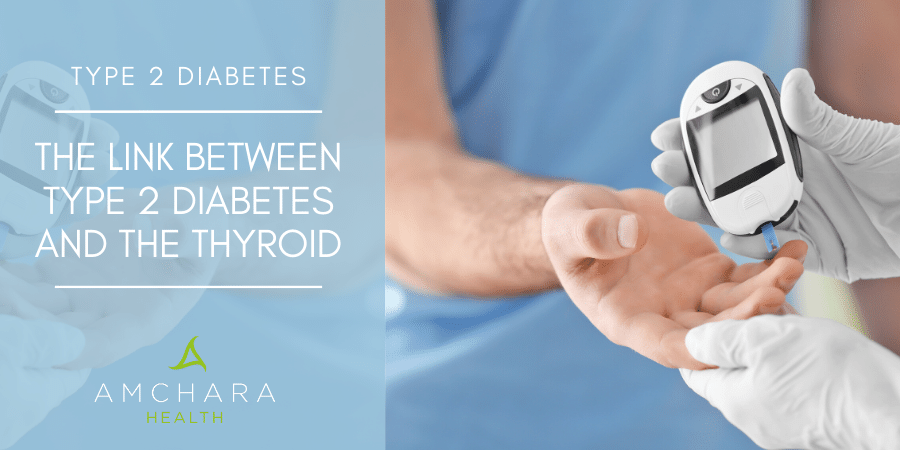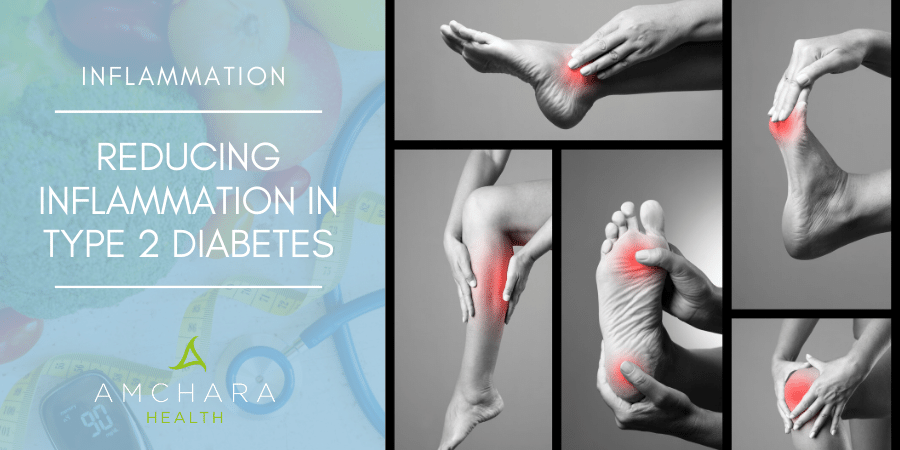Topics Covered in this article:
Type 2 diabetes and cardiovascular disease are two of the most common health conditions. Research into both is highlighting an increased risk of developing cardiovascular issues in those with Type 2 diabetes.
We’re dedicated to providihng you with both insightful information and evidence-based content and in this article we examine the link between cardiovascular disease and Type 2 diabetes.
Type 2 diabetes
Incidence of Type 2 diabetes is on the rise and it is estimated that it may affect over 380 million people worldwide by 2025 (1). Many experts believe Type 2 diabetes is a lifestyle disease, so may be preventable and can be put into remission through nutritional and lifestyle alterations.
Type 2 diabetes is characterised by glucose tolerance issues and resistance to the hormone insulin. Various complications are linked to Type 2 diabetes including nerve damage, loss of vision and thyroid disturbances. There is also a strong link to the development of cardiovascular disease.
Cardiovascular disease
Around 7.4 million people in the UK suffer with heart and circulatory diseases (2), thought to be responsible for a quarter of all deaths in the UK.
The risk of developing cardiovascular disease is significantly higher in those with Type 2 diabetes. The British Heart Foundation estimates that adults with diabetes are 2-3 times more likely to develop heart and circulatory disorders, and almost twice as likely to die from heart disease or a stroke, compared to those without Type 2 diabetes.
A 2015 study examining almost 2 million people, 34, 000 of whom had Type 2 diabetes, found that women with Type 2 diabetes had a 27% increased risk of cardiovascular disease compared to those without Type 2 diabetes. In men this risk was found to be 23% more than men without Type 2 diabetes (3).
The most common cardiovascular issues found alongside Type 2 diabetes were peripheral artery disease and heart failure. There was also an increased risk of stroke and non-fatal heart attack, and women were shown to be more likely to develop non-fatal heart attack compared to men.
What links Type 2 diabetes and cardiovascular disease?
Several mechanisms are thought to be involved in the development of cardiovascular disease in Type 2 diabetes.
The presence of high blood sugar and insulin resistance triggers many changes, including an increase in damaging molecules called advanced glycation end products (AGEs). AGEs can affect nearly every cell in the body and have been shown to influence the health of blood vessels.
In addition to this, high blood sugar, even if short in duration, may reduce a molecule that causes dilation of blood vessels, leading to a narrowing of the interior of the blood vessels, and making It harder for blood to be pumped through.
Alteration to blood vessel structure or function is also linked to high blood pressure, commonly seen in Type 2 diabetes.
In Type 2 diabetes there is an increase in inflammation and fatty deposits in blood vessels causing damage and development of atheroma – this fatty material can harden and form deposits in the arteries over time, resulting in a narrowing or blockage. Atherosclerosis is a leading contributor to coronary heart disease and angina.
There may also be a degree of alteration to clotting factors, and the blood of those with Type 2 diabetes may be more prone to clotting. This may increase the risk of blood clots in arteries as a result of atherosclerosis (4).
In Type 2 diabetes there is a clear change in blood fats and studies show 60-70% of people with Type 2 diabetes have an increase in triglycerides and LDL cholesterol. Other studies have found ‘good’ HDL cholesterol is lower.
The accumulation of several changes that occur in Type 2 diabetes may significantly influence cardiovascular health. As with many chronic health conditions, other factors also contribute to the development of both Type 2 diabetes and cardiovascular disease.
Other contributing factors
- Obesity
Being overweight or obese is strongly associated with insulin resistance and is a major risk factor for cardiovascular disease (5). Weight distribution also influences risk – abdominal (visceral) fat gives a higher risk.
A waist circumference of more than 40 inches for a man and more than 35 inches for a woman increases cardiovascular risk.
- Smoking
Smoking, with or without the presence of Type 2 diabetes, increases risk of cardiovascular disease because smoking has several negative actions on the body. It is known to lead to a narrowing of blood vessels, which can impact blood pressure. It also increases damaging free radicals which may contribute to oxidative stress, a situation also influenced by high blood sugar. Oxidative stress is an imbalance in the body, when there are not enough natural defence mechanisms, like antioxidants, to combat damaging molecules. Smoking is also known to reduce vitamin C levels, a major antioxidant used for defence and protection.
- Physical Inactivity
Leading a sedentary life is linked to a myriad of physical and mental health concerns. Regular exercise can reduce the risk of developing Type 2 diabetes, increase sensitivity to insulin, give better glucose tolerance, help with weight management, support healthy blood pressure, and therefore reduce the risk of cardiovascular events like heart attack or stroke.
- Poor food choices
The type of food eaten can impact cardiovascular health and Type 2 diabetes. White, refined carbohydrates and sweet, sugary foods are known to give a rapid rise in blood sugar, thought to be a major contributor to the development of Type 2 diabetes. Studies indicate these high glycaemic carbohydrates may also influence the function of blood vessels.
An increased intake of high GI carbohydrates negatively impacts blood vessel function, and interestingly, a restricted intake of carbohydrates also has a negative effect. It seems the key is a moderate intake of good quality carbohydrates such as whole grains, fruit, vegetables and legumes (6).
Replacement of sugar with artificial sweeteners has also been linked to poor blood sugar control and Type 2 diabetes, and may also impact changes in blood vessels that contribute to an increased risk of cardiovascular issues (7,8).
Takeaway
Metabolic changes that occur in Type 2 diabetes and cardiovascular disease may significantly impact the risk of poor health and death. A combination of factors can contribute to the development of both conditions, and the co-existence of more than one condition can influence complications or disease progression.
If you have health concerns or would like to know more about reducing your risk of cardiovascular disease or Type 2 diabetes, a 1-2-1 consultation with an Amchara Personalised Health practitioner can be beneficial. Using functional medicine principles, your practitioner can develop a unique nutrition and lifestyle programme, tailored to your health status and goals.
This doesn’t need to be the end of the article. With your help let’s continue the conversation.
Did you find this article useful?
Please share your thoughts in the comments.
Read this next:




